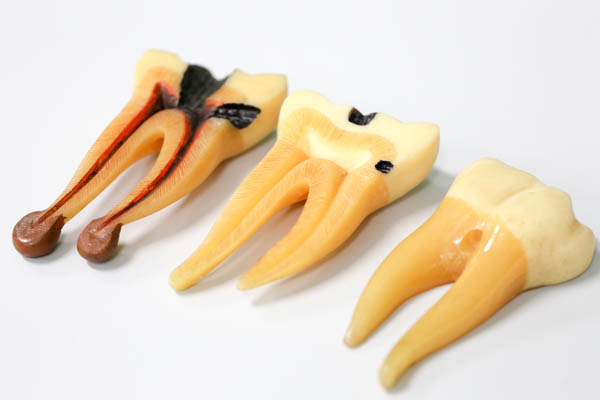There are many forms of self-expression- art, writing, fashion, even body piercing. When it comes to oral piercings, however–such as lip, labret, cheek, and tongue piercings–it’s important to know all the risks involved.
Know The Risks Before You Pierce
Piercing anywhere near the mouth is very different than simply piercing an earlobe. The oral cavity is home to an abundance of bacteria as well as an intricate system of nerves and blood vessels. Because of this, there are a number of health-related risks associated with oral piercings.
Some of these include:
- Bacterial infection. The mouth hosts vast amounts of bacteria and is thus easily infected. If the piercing is not done with sterile tools or if the wound is not properly taken care of, bacterial infections–and even secondary infections like hepatitis and herpes simplex virus–can develop.
- Damage to teeth and gums. Contact between teeth and jewelry leads to tooth enamel erosion and oftentimes cracked or chipped teeth. Irreversible gum recession is also a common side effect of oral piercings, which can lead to tooth sensitivity and even tooth loss.
- Difficulty with speech, swallowing, chewing and tasting. Oral piercings can cause an increase in saliva production, sometimes making speech difficult. Tongue piercings have been known to swell, too, potentially hindering normal function and blocking the airway. Oral piercings have also been known to alter taste.
- Allergic reaction. Allergic reactions to the metal in the jewelry are possible, especially if surgical-grade stainless steel isn’t used.
- Nerve damage or prolonged bleeding. This mostly occurs with tongue piercings. Because the tongue is a muscle, it contains a lot of nerves and blood vessels, including arteries. Movement problems, or numbness and loss of sensation at the site of the piercing can occur if nerves are damaged. If a blood vessel is punctured, bleeding can be severe and hard to control.
- Gum disease. Oral piercings put the wearer at greater risk for periodontal, or gum disease. Gum disease can lead to tooth and bone loss, and some studies have associated gum disease with other health conditions like diabetes and stroke.



